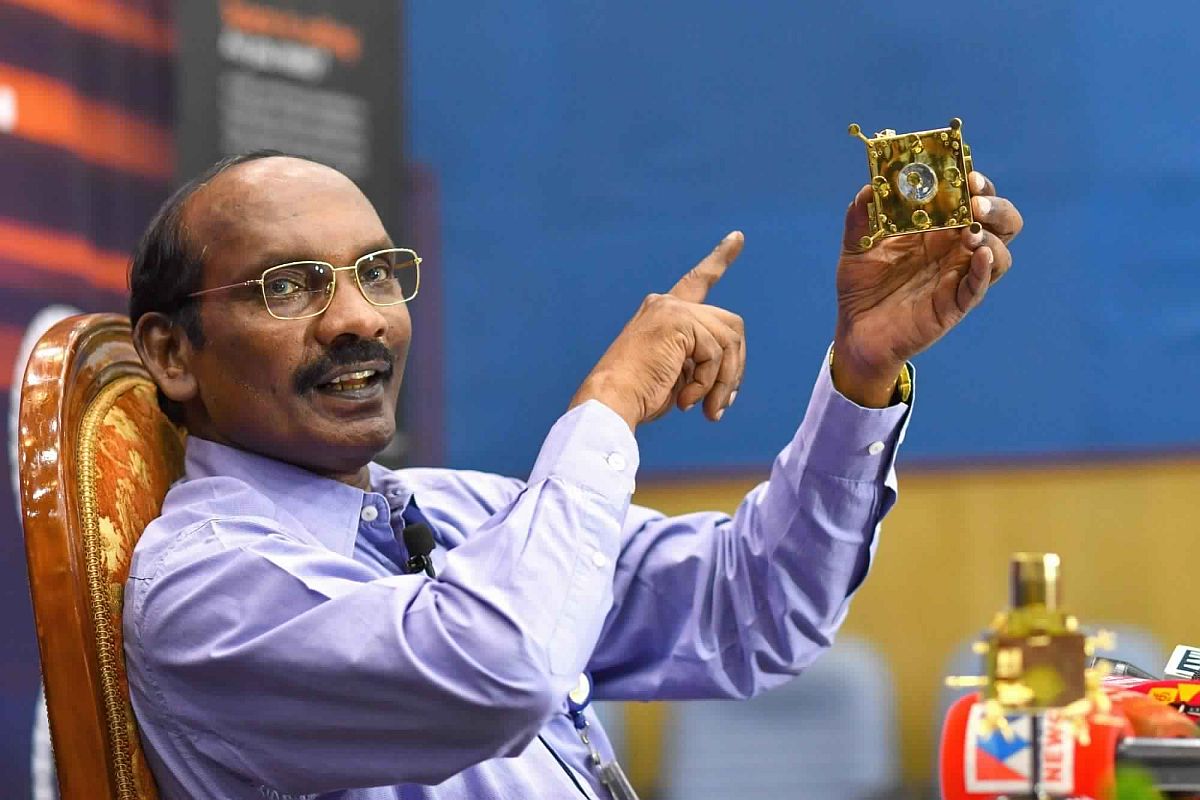Ahead of the launch of India’s maiden human spaceflight venture ”Gaganyaan” in December 2021, the Indian Space Research Organisation will undertake two unmanned missions in December 2020 and June 2021, ISRO chairman K Sivan said on Wednesday. Addressing the inaugural session of a symposium on “Human Spaceflight and Exploration – Present Challenges and Future Trends,” Sivan said the Gaganyaan mission not only aims at India’s maiden human flight to space but also setting up a new space station for ”continuous space human presence”.
“We are doing all this (Gaganyaan) on three points – short term plan of two unmanned mission in December 2020 and June 2021, followed by human space flight demonstration in December 2021. We have the midterm goal of sustaining the human space programme and continuous space human presence in space on a new space station”, he said.
Advertisement
In this regard, the ISRO has initiated a full-fledged astronaut training facility in close proximity to Bengaluru for meeting its future requirements. The space agency is also in talks with NASA and other space agencies and industries on how it can collaborate on human space flight and learn from their experience.
The Gaganyaan will also assist in ISRO’s long term goal of inter-planetary mission. “Inter-planetary mission is also on the agenda in the long term,” the ISRO chief said.
On the Gaganyaan mission, Sivan said the space agency has already developed and demonstrated key technologies such as having an operational launcher with 10-tonne payload capability to lower orbit, demonstration of mission design and management, and recovery system like space-qualified parachutes. “The only missing element were human life science and life support system, which we are developing now,” he said.
ISRO, Sivan said, has taken on board many national labs, academic institutions, DRDO labs, Indian Air Force, CSIR Labas well as many industries as stakeholders for Gaganyaanprogramme.
Noting that the astronauts have been selected from a pool of Indian Air Force test pilots, Sivan said the generic space flight training will commence in India shortly. A mission-specific training will be carried out in India using a host of simulators and other facilities, he added.











